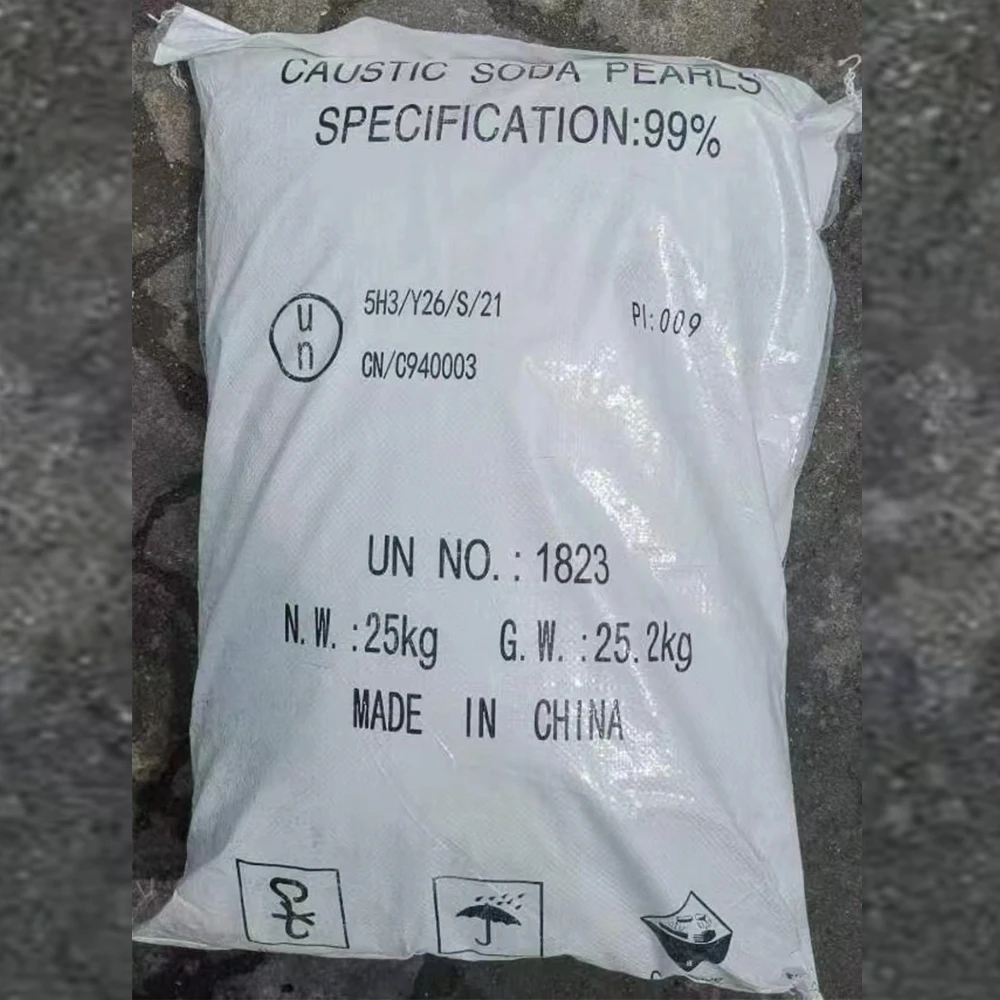



swimming pool water treatment options
Swimming Pool Water Treatment Options
Maintaining clean and safe water in a swimming pool is essential for the health and enjoyment of its users. There are several water treatment options available, each with its own advantages and disadvantages. Understanding these methods can help pool owners choose the best approach for their specific needs.
Chlorine is one of the most common and traditional methods for pool water treatment. It effectively kills bacteria, viruses, and algae, making the water safe for swimming. Chlorine can be introduced into the pool in various forms, including tablets, granules, or liquid. One of the main benefits of chlorine is its ability to quickly sanitize water; however, it does require regular monitoring and balancing to maintain the appropriate levels, typically between 1 and 3 parts per million (ppm). Additionally, some people are sensitive to chlorine, leading to skin and eye irritation.
2. Saltwater Systems
Saltwater pools have grown in popularity as an alternative to traditional chlorine systems. These pools utilize a salt chlorine generator that converts salt into chlorine through a process called electrolysis. This method provides a more continuous level of chlorine, resulting in softer water that is often gentler on the skin and eyes. Furthermore, saltwater pools generally require less frequent maintenance and chemical adjustments. However, the initial investment in a saltwater system can be higher, and the equipment can be costly to repair if damaged.
swimming pool water treatment options

3. UV-C and Ozone Treatment
Ultraviolet (UV) and ozone systems are two advanced treatment technologies that can complement traditional chlorine or saltwater systems. UV treatment uses UV light to disinfect the water, destroying pathogens without introducing chemicals. This method is effective for reducing chlorine levels, thus minimizing irritation for swimmers. Ozone systems generate ozone gas, which is a powerful oxidizer that eliminates bacteria and reduces the amount of chlorine needed. Both methods significantly enhance water clarity and purity. However, UV and ozone systems are typically more expensive to install and may require additional maintenance.
4. Alternative Systems
For those looking for natural or chemical-free options, there are treatments like mineral systems and hydrogen peroxide. Mineral systems use natural minerals to purify water, while hydrogen peroxide serves as a strong oxidizer that can effectively kill bacteria. Although these methods can be effective, they often work best in conjunction with other systems and require diligent monitoring.
In conclusion, choosing the right water treatment option for a swimming pool depends on various factors, including pool size, budget, and personal preferences regarding maintenance and chemical use. Each treatment method has its pros and cons, and often, a combination of systems may provide the best results in achieving clear, safe, and enjoyable swimming water. By carefully considering these options, pool owners can ensure a positive swimming experience for all users.
-
Why Strontium Carbonate Still MattersNewsJun.06,2025
-
Why BaSO4 MattersNewsJun.06,2025
-
Why Barium Carbonate Still MattersNewsJun.06,2025
-
Strontium Hydroxide: A Versatile Compound for Modern ApplicationsNewsJun.06,2025
-
Strontium Chloride in Daily IndustryNewsJun.06,2025
-
Pure Potassium Nitrate for SaleNewsJun.06,2025
-
What Is Sodium Bisulfate Used For?NewsMay.15,2025










